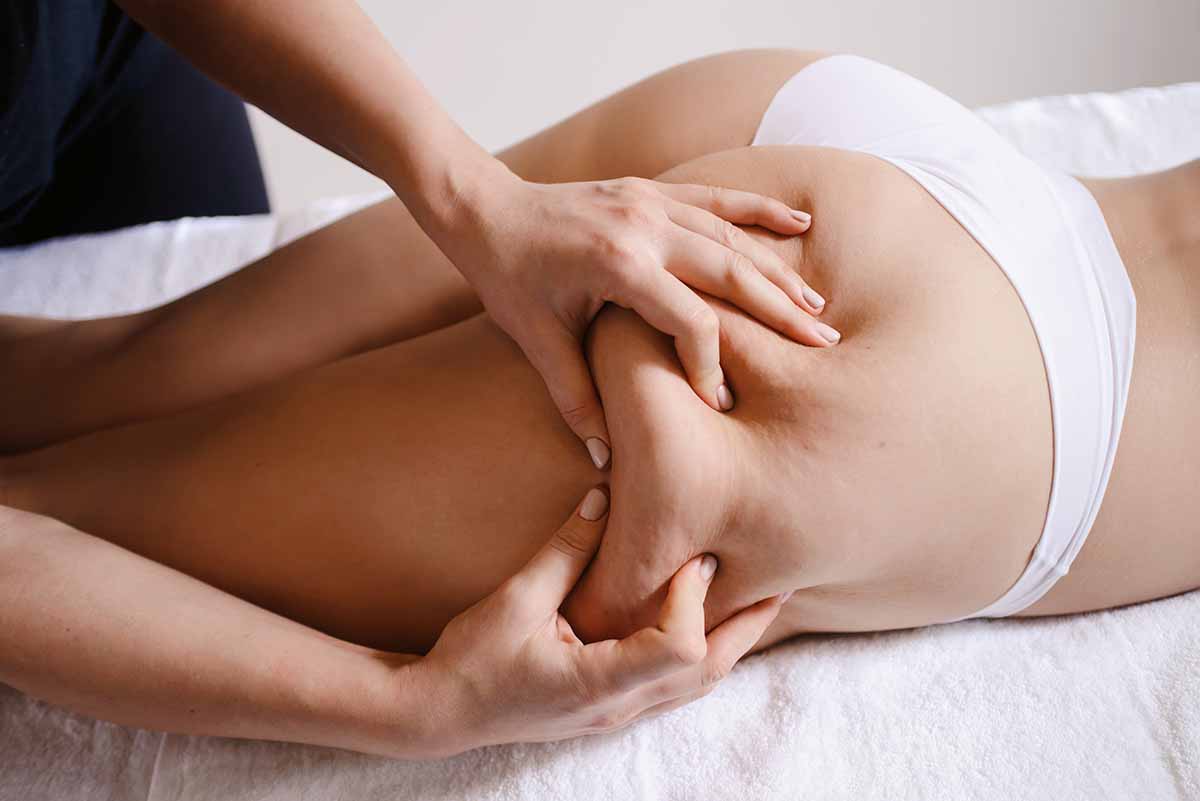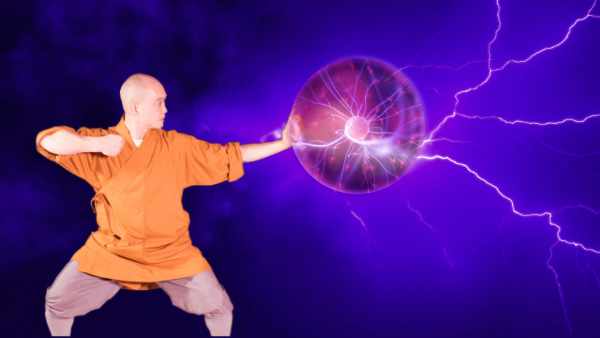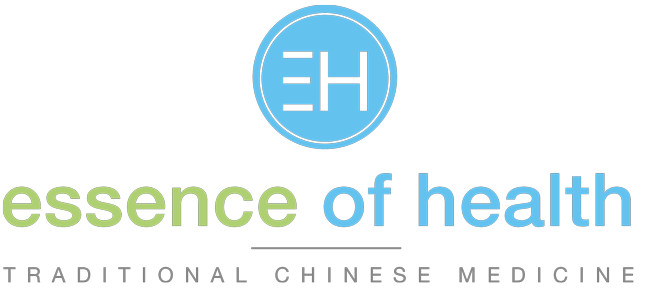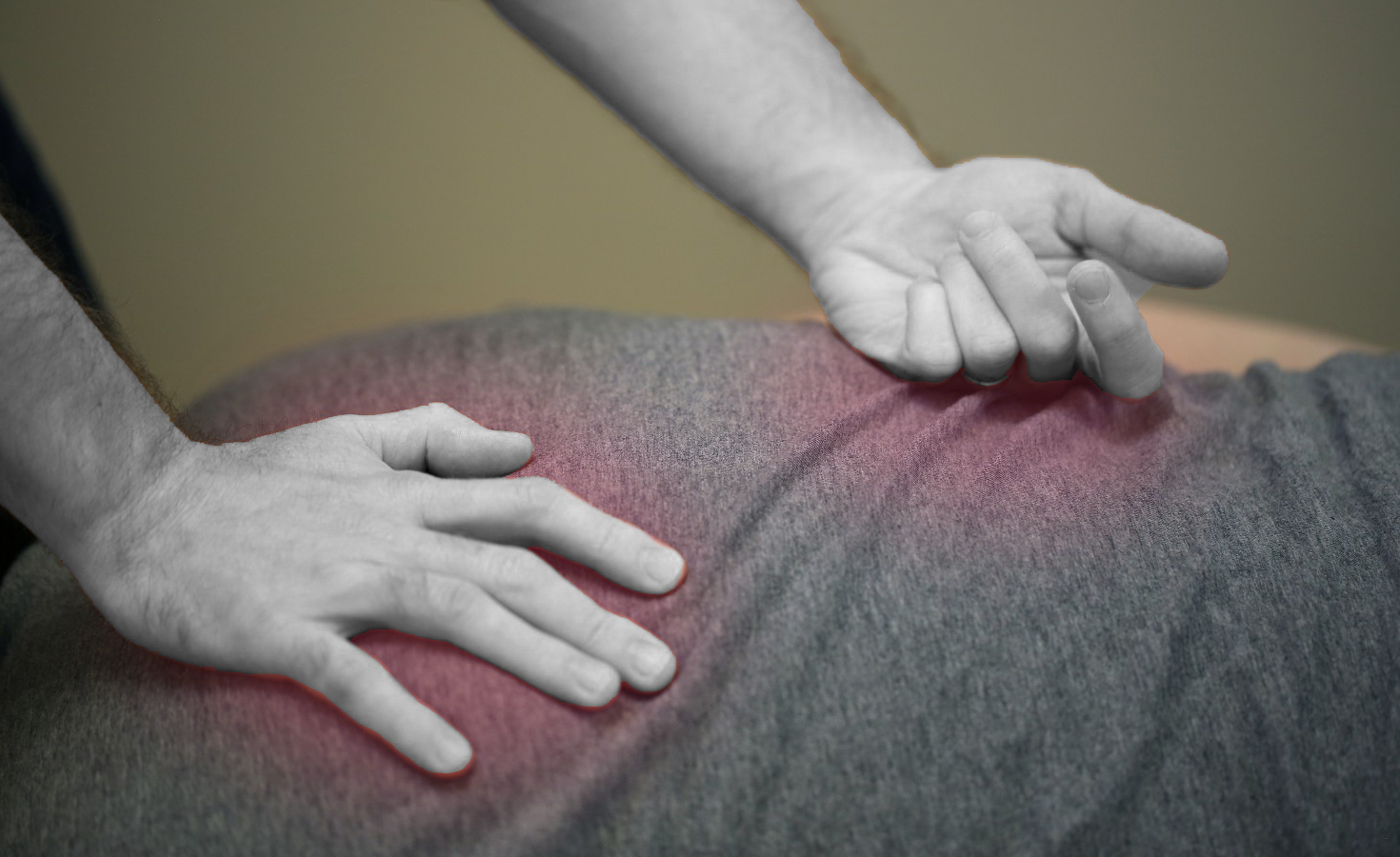An ancestral energy technique
According to the ancient Chinese, animals practised massage long before humans did. They used it for comfort, grooming and even healing. So it’s only natural that humans, because of their animal instincts, should have used massage on themselves, their children or their partners. We all know the reflex of immediately rubbing an area of our own body after receiving a blow.
Chinese massage is therefore considered to be the oldest branch of Chinese medicine. Massage techniques have evolved, refined and systematised over the centuries. Tuī Ná is the culmination of this science, born of this natural instinctive gesture.
Old writings dating back to the Shang dynasty (1800 BC) describe massage methods for treating infants.
The most famous ancient text on Traditional Chinese Medicine (TCM)’ Huang Di Nei Jing (The Yellow Emperor’s Classic of Internal Medicine), completed between the first century BC and the first century AD, includes passages on the use of these massage techniques and their use in the treatment of certain illnesses.
Chinese massage is listed as a major treatment method. Since the Wei and Jin dynasties (220 – 420 AD), Tuī Ná massage departments have been official specialities in the Chinese government health system.
One branch of TCM
Tuī Ná, literally to push (tui – 推) and to grasp (na – 拿), is a discipline in its own right in Traditional Chinese Medicine (TCM). It is also sometimes referred to as An Mo (按摩), which refers to massage in general and means ‘calming through touch’.
Tuī Ná massage therefore obeys the Taoist principles that underpin this medicine based on energy balance.

The practice of Tuī Ná is therefore specifically Chinese, and takes account of the meridians and acupuncture points. Tuī Ná comprises around thirty techniques and manoeuvres designed either to disperse energy blockages or to stimulate or tone up the qi or vital energy. These techniques include “mo fa”, which means circular rubbing, “Ya fa” or overpressure, and “ma fa”, which means wiping (or rubbing). It also includes massage of certain acupuncture points (acupressure), stretching techniques and joint mobilisation.
By acting on reflex zones, this massage balances and stimulates both body and mind. Its aim is to circulate and rebalance energies, which also has an impact on emotional balance, since in TCM everything is linked. In fact, any muscular or ligament tension will lead to an energy blockage, affecting the free circulation of qi and therefore overall health. Similarly, a strong emotional charge can, over time, lead to energy blockages and even muscular tension. This can lead to pain.
Numerous health benefits
Tuī Ná massage is generally performed without oil, sometimes on clothing or through a piece of cotton cloth. It promotes the proper functioning of the organs, particularly through acupuncture points, thus preventing illness from taking hold. It is also effective in reducing or even eliminating muscle and joint pain.
According to modern research, Tuī Ná is a therapy that regulates the circulatory system, the respiratory system, the endocrine system, the immune system and the nervous system. It also aids digestion and improves muscle and skin metabolism.
Among other things, it has been shown to :
- Alleviating the symptoms of Parkinson’s disease
- Reduce the pain associated with fibromyalgia
- Improving dizziness associated with cervical osteoarthritis
- Relieve the symptoms of primary dysmenorrhoea
- Contribute to the treatment of cervical radiculopathy
The qualities of a Tuī Ná practitioner

It’s difficult to explain in technical terms what makes a good Tuī Ná, because it’s all about energy.
That’s why a Tuī Ná practitioner needs several years’ training in this energetic dimension.
According to the tradition of Chinese medicine, he will first take care to develop his energy through disciplines such as qi gong, tai chi and even kung fu. These practices will enable them both to optimise their own vital energy and refine their sensitivity to perceive and identify the energies around them. They will spend time in nature, learning the language of plants. They can also learn to understand and use the healing energy of sacred places. Over time, they will be able to feel stagnant energy and blood.
In fact, a good Tuī Ná massage depends on the practitioner’s energy, his feeling and his ability to transmit energy. This presupposes that the practitioner is well anchored to the ground, with joints that are supple and relaxed, in order to guarantee a good flow of energy. The breath should be abdominal and full. If they are tense, they won’t be able to deliver the same quality of energy. The whole body is involved in the massage.
This is why a good Tuī Ná massage is a genuine therapeutic tool that has a profound effect. Although it can often be painful, it is nonetheless life-saving.
Awaken your inner Tuī Ná masseur!
We encourage everyone to find the ultimate bliss. Since massage is instinctive and natural, why not give it a go? We suggest you start by working on deep relaxation and breathing. You can do this by practising tai ji tchuan, qi gong or any other mindfulness practice.
At the same time, you can start Tuī Ná with friends and family. To do this, put on loose-fitting clothes, release all your tension and start with a technique. Initially, you should not exceed ten minutes. Then debrief with your partner so that they can express their feelings.
You can use this simple video as inspiration. Don’t hesitate to spend time in nature or with your favourite animal before practising Tuī Ná. Practising this art will develop your feelings and help you to reconnect with yourself. This will gradually improve your health.
Never practise Tuī Ná in the following circumstances:
- A bad mood or upset
- After an argument
- In a state of great sadness or anger
- Immediately after your secular work
- In the event of illness
This list is not exhaustive. As you will have realised, massage is an exchange. So it’s with a warm heart that you offer the best to those around you… and to yourself.



0 Comments